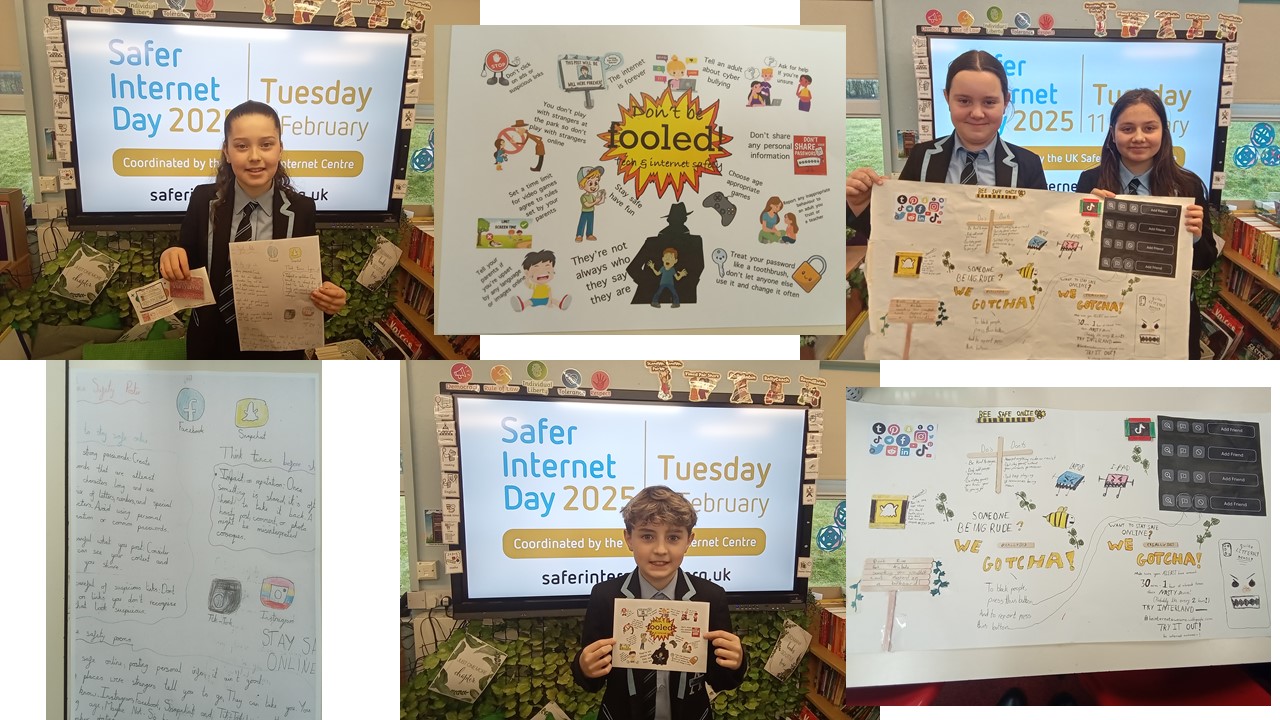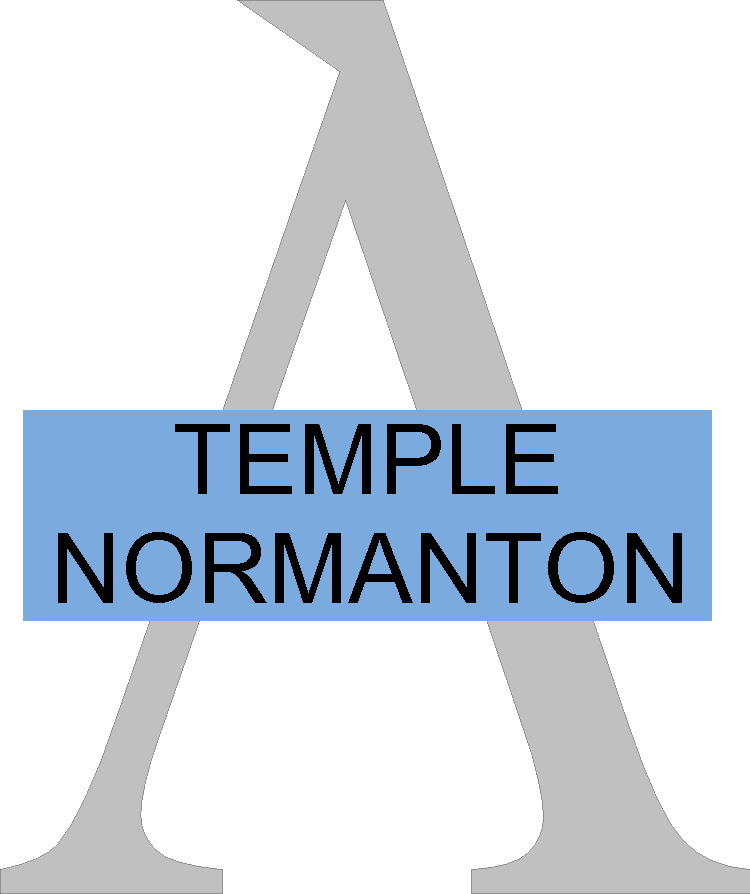Computing
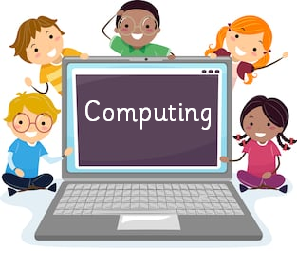

Technology is changing the lives of everyone. Through teaching Computing, we equip children to participate in a rapidly-changing world where work and leisure activities are increasingly transformed by technology.
It is our intention to enable children to find, explore, analyse, exchange and present information. We want children to know more, remember more and understand more in Computing so that they leave primary school computer literate.
Computing skills are a major factor in enabling children to be confident, creative and independent learners and it is our intention that children have every opportunity available to allow them to achieve this.
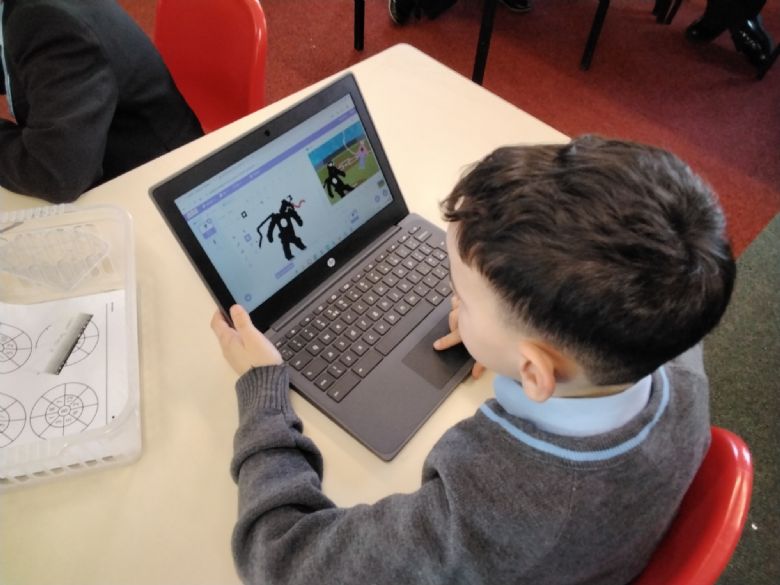
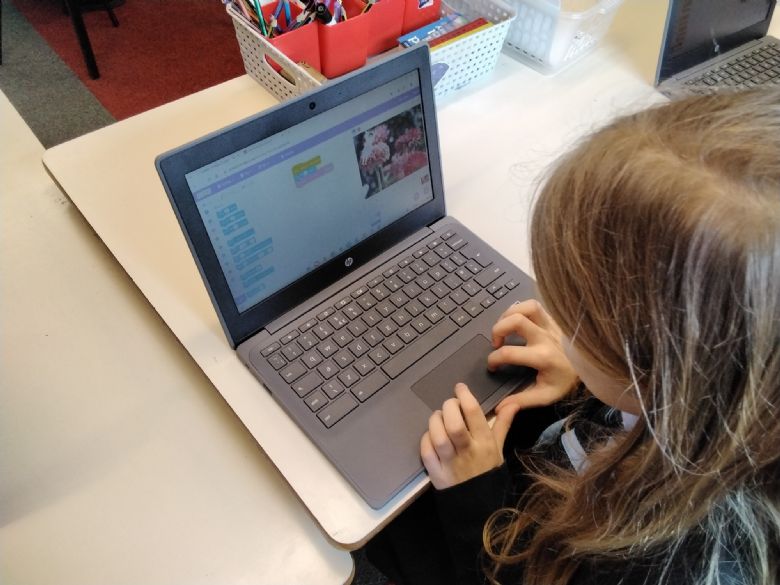
Want to continue your child's Computing learning at home? Check out some of the following websites:
Autumn 1
Throughout Autumn 1, we have held our Computing with Parents Workshops. During these sessions, children have worked with their parents to program a game on Scratch. They have been enjoyed by all!
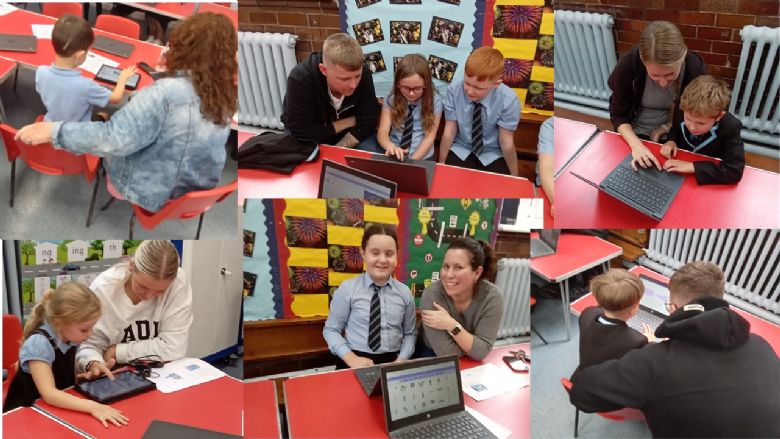
Spring 1
We celebrated Safer Internet Day 2025 with a competition for Online Safety posters and assemblies across the whole of ACET. Congratulations to our 4 winners!
